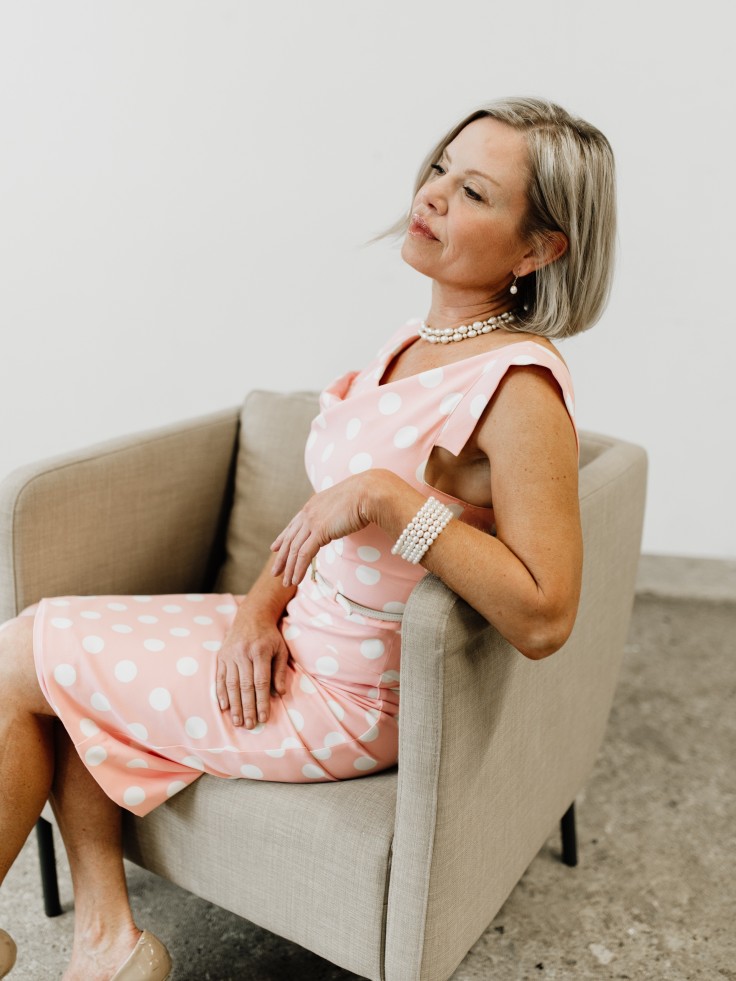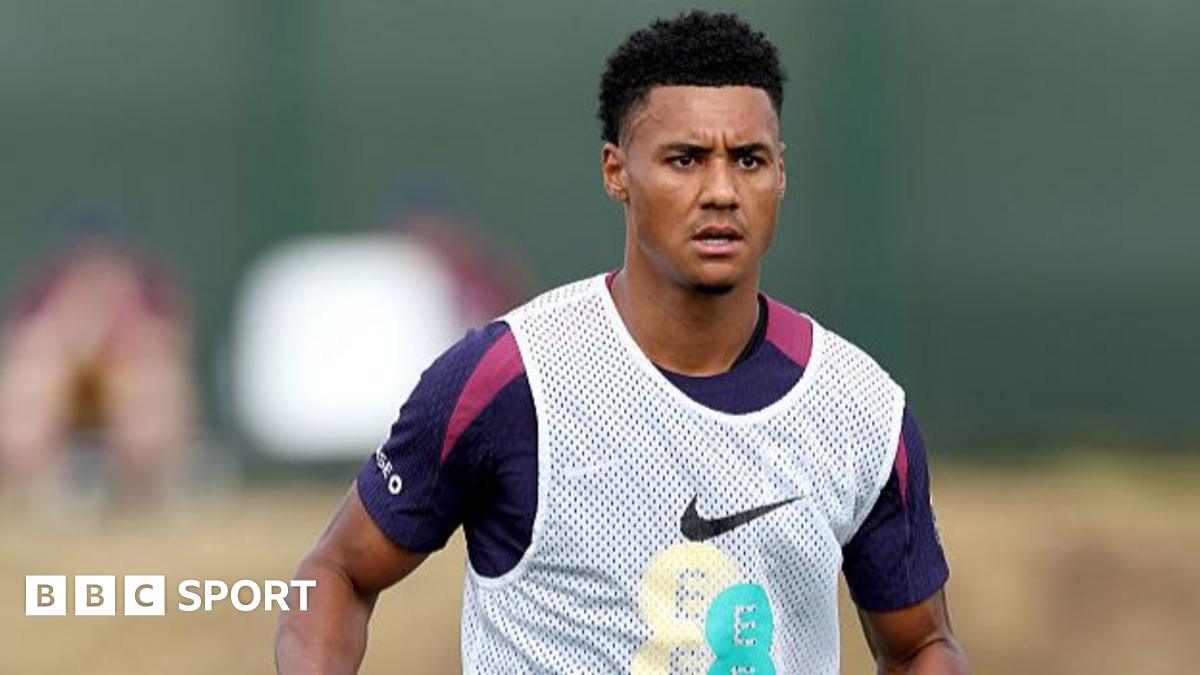From Over-Drinking to Mindful Drinking: A Radical New Approach to Recovery
Founder and CEO of Emotional Sobriety Coaching©, Colleen Freeland Kachmann, asks a poignant question: "Do you have a drinking or a thinking problem?"
Casual drinking is considered widely acceptable, but more and more people are growing "sober curious," questioning if their drinking habits make life better or worse.
But even when the answer is obvious, awareness doesn't always translate to action. Sometimes, there is a gap between wanting to drink less and having the motivation required to change, which leads many people to diagnose themselves as having a drinking problem. According to Colleen, that's a step in the wrong direction.
"Worrying about your drinking causes a stress response. Because you see alcohol as both the problem and the solution. And when you rely on willpower to curb consumption, you reinforce the belief that you actually want to drink more than you should," Colleen explains on her top-one-percent rated podcast, It's Not About the Alcohol.
"Willpower is a limited resource when you're stressed. So you will inevitably over-drink because you think that's what you actually want. And your brain logs every episode of over-drinking as a failure. Perceived failure is the kill-switch on motivation. Which means the harder you try to control yourself, the more out of control you feel," she said.
Colleen's approach to alcohol use disorder is based on scientific research in self-directed neuroplasticity, long-term outcomes for traditional addiction treatments, as well as personal experience, and common sense. She is quickly gaining popularity among gray-area drinkers who are looking for effective alternatives to sobriety-based recovery. Her podcast and program resonate with a high-achieving, professional female audience who find Colleen's message appealing. "Let's get happy, not sober. Because happy people don't drink themselves into a stupor."
Colleen openly shares her personal experience with alcohol use disorder with her audience. She relates her decades-long struggle as a heavy daily drinker. "I never missed a meeting or let anyone down. I was a great mom, a loving wife and successful in my business. No one knew what I was dealing with. I thought I was getting away with it," she admits.
But six weeks into the COVID lockdowns, she knew something had to change. "I did what a lot of exhausted middle aged women are doing: I got sober," she said.
Colleen soon realized the limitations of traditional sobriety recovery programs. "Of course I felt better once I quit drinking, but I was still obsessed with alcohol. Going to meetings to talk about a drinking problem I no longer had prevented me from moving forward. I wanted to be free," she said.
But reintroducing alcohol on a causal basis wasn't simple. "All the old thoughts and feelings came back–even though I was careful to limit myself to a small glass of wine. I was scared that I'd find myself back on the slippery slope," she admitted.
She realized she needed strategies and tools to change the story she was telling herself. "I wanted to feel confident in my ability to learn from mistakes instead of living in fear that I wouldn't be able to avoid them. That's why I call myself @hangoverwhisperer on social media," she explained.

Colleen's emotional sobriety method has become a seven-figure business that helps clients build a better relationship with themselves, their thoughts, and alcohol. And by rejecting the rigid, abstinence-only concepts, her clients are able to reduce their alcohol consumption by an average of 80 percent over the course of a year.
Emotional Sobriety Coaching© uses research-backed tools in self-directed neuroplasticity and holistic, mind-body strategies in nervous system regulation. "We also leverage the power of community. That's one thing the traditional 12-step programs get right. Science shows the fastest way to change your mind is to join a group of like-minded people working towards a common goal. You just need to decide before you join if you want to get happy or sober," she said.
Colleen's approach is backed by science and lengthy credentials. Colleen Freeland Kachmann holds an MSc in Health Coaching and a Bachelor of Science in Biology and Chemistry Education. She is also certified as an addiction and recovery life coach and a women's functional and integrative medicine professional.
Colleen acknowledges that her approach isn't for everyone. "Some people find it easier to just quit." To help women decide what's best for them, she turned the question into a viral quiz: "Do you have a drinking or thinking problem?"
By encouraging clients to get curious and explore their thoughts non-judgmentally, Colleen helps women get clear on their goals. "Your brain will help you get what you want. You just have to get clear on what that is," she said.










